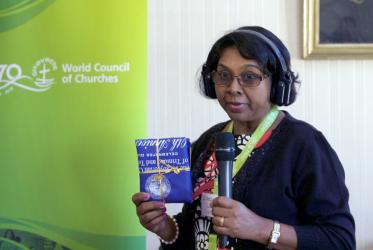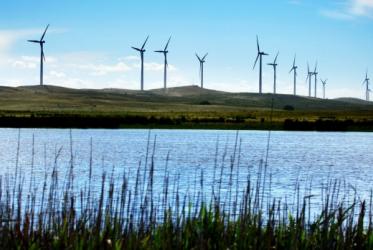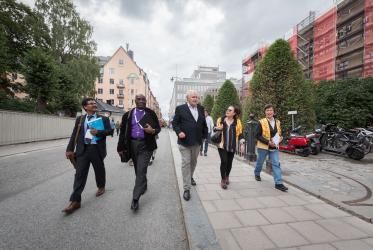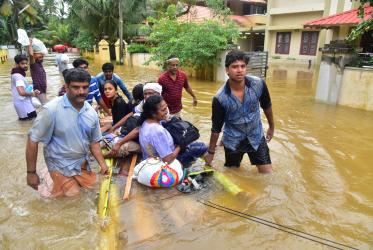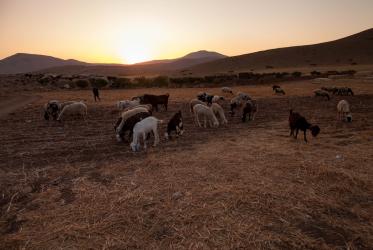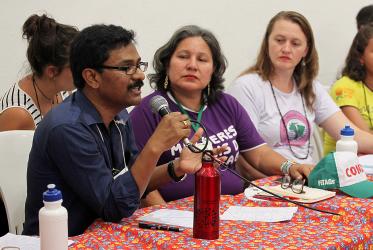Displaying 201 - 220 of 503
Trinidad and Tobago church challenges plastic pollution
09 October 2018
Doing his best without being the best
07 September 2018
Faith and Water: Translating words into action
30 August 2018
Why faith matters for clean water
27 August 2018
Kristen tro och rent vatten
27 August 2018
